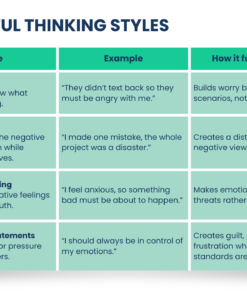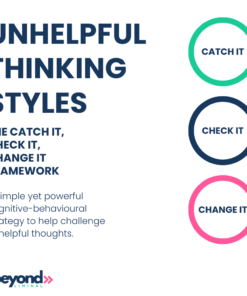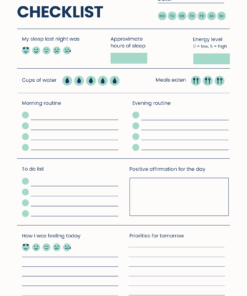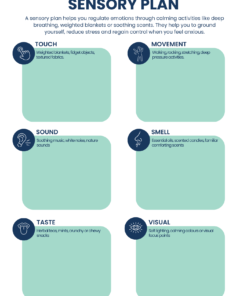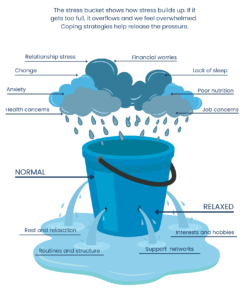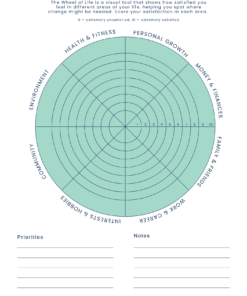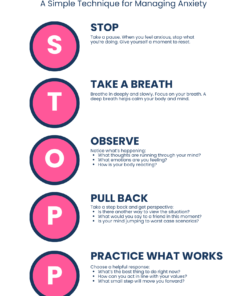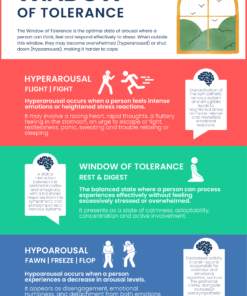Anxiety, Occupational Therapy
How occupational therapy can help people manage anxiety
Taking back your life: how occupational therapy can help you manage anxiety
Anxiety. It’s not just a feeling you brush off. It can turn even the simplest daily tasks into monumental challenges. It can trap you in a cycle of avoidance leaving you feeling stuck and drained of confidence. It can stop you from doing the things that make life meaningful. That’s where occupational therapy (OT) comes in. It takes a practical action-focused approach to managing anxiety helping you regain control and build coping strategies that actually fit into your daily life.
Understanding anxiety through an occupational lens
Occupational therapists don’t just see anxiety as a mental health condition. They understand it as something that directly impacts your ability to engage in the activities that give your life meaning. Think about it. Whether it’s going to work socialising looking after yourself or enjoying your hobbies anxiety can disrupt your routines and lead to avoidance behaviours that just reinforce your fears. It’s like anxiety builds a wall around you stopping you from doing the things you love. OT focuses on breaking down those walls by helping you gradually re-engage with the activities that matter most to you.
How occupational therapy supports anxiety management
- Graded activity:
- Anxiety loves avoidance. The more you avoid something the scarier it becomes. OT uses graded activity which means gradually increasing your participation in anxiety-inducing activities in a manageable way. Imagine climbing a staircase. You wouldn’t jump to the top would you? You’d take it one step at a time. For example someone who finds social situations overwhelming might start with small steps like texting a friend before building up to in-person interactions.
- Building routines and structure:
- Anxiety can make life feel chaotic like a constant whirlwind. Occupational therapists work with you to develop structured sustainable routines that create a sense of predictability and control. This could be as simple as setting a regular morning routine or scheduling relaxation breaks throughout the day. It’s about creating an anchor in the storm.
- Practical coping strategies:
- Instead of relying solely on talking therapies occupational therapy provides hands-on coping techniques. This could include sensory strategies to self-regulate in stressful situations like using a weighted blanket or listening to calming music. Activity scheduling to break overwhelming tasks into smaller steps like setting timers for tasks or breathing techniques to manage physical symptoms of anxiety. It’s about giving you tools you can use in real life.
- Developing confidence through activity:
- Engaging in meaningful activities can help rebuild confidence and self-esteem. It’s like rediscovering your strengths. Whether it’s creative expression like painting or playing music exercise or learning a new skill occupational therapists help you find activities that reduce anxiety and promote wellbeing.
- Environmental adaptations:
- Sometimes small changes in your environment can make a big difference. Adjustments such as reducing sensory triggers like dimming lights or using noise-cancelling headphones improving workspace organisation or creating a calm home space can support better emotional regulation. It’s about creating a space where you feel safe and comfortable.
A holistic approach to anxiety management:
Unlike traditional therapy models that focus purely on thoughts and emotions occupational therapy looks at the bigger picture: what you want and need to do in your daily life and how anxiety gets in the way. It’s about seeing you as a whole person not just your anxiety. By taking an action-based problem-solving approach occupational therapy empowers you to make gradual sustainable changes that improve your overall wellbeing. It’s about giving you the tools to rebuild your life.
If anxiety is limiting your life occupational therapy can help you take practical steps forward at your own pace so you can reclaim your independence and confidence. You don’t have to face this alone.
If you are struggling with anxiety and would like to learn how occupational therapy can help please contact us today. We can help you to take back control of your life.
Step into change: your toolkit for everyday wellbeing
Start your journey today with our self-help guides, resources and practical, supportive tools designed to help you take that first step towards positive, lasting change. Whether you’re building a routine, managing emotions or finding balance, there’s something here to support you.
Step into change: your toolkit for everyday wellbeing
Start your journey today with our self-help guides, resources and practical, supportive tools designed to help you take that first step towards positive, lasting change. Whether you’re building a routine, managing emotions or finding balance, there’s something here to support you.

